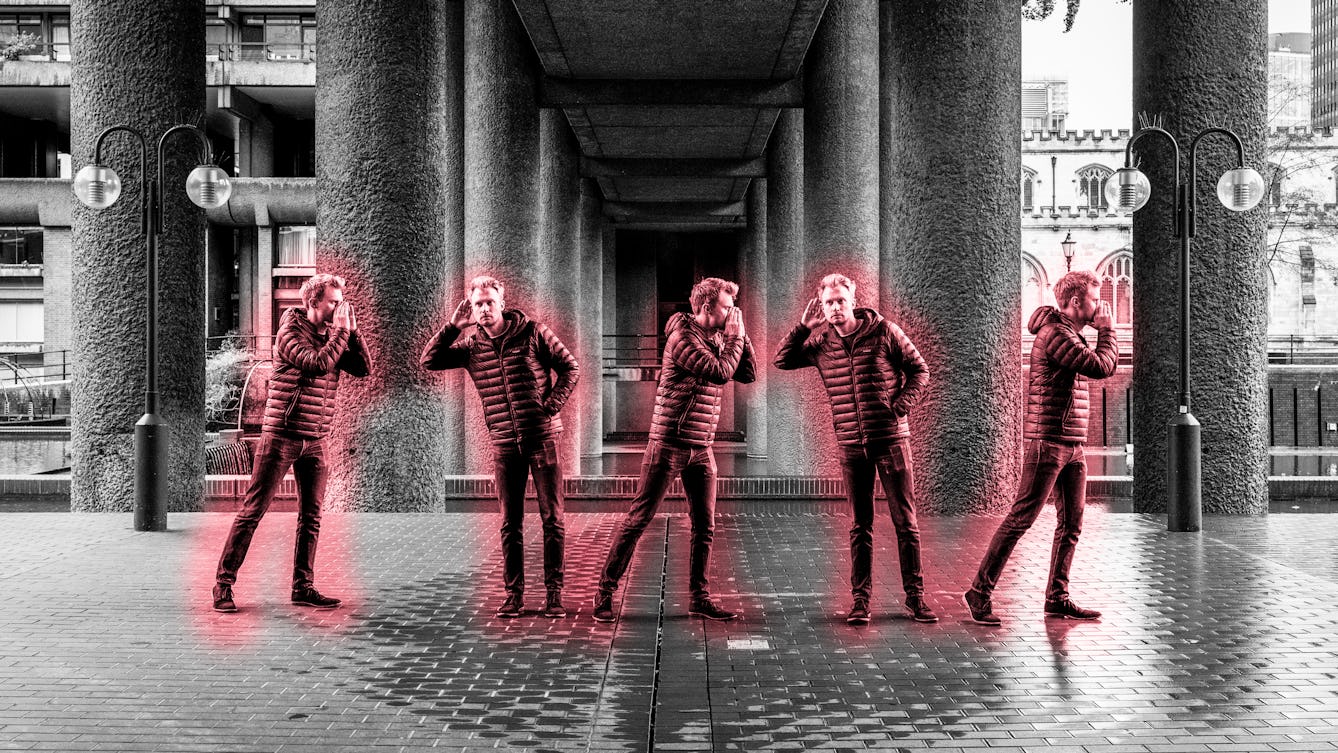
- Book extract
- Book extract
The science of why things spread
From deadly pandemics to viral tweets, Adam Kucharski explores what makes something contagious.

- Article
- Article
The child whose town rejected vaccines
Gloucester, 1896. Ethel Cromwell is taken ill at the height of Britain’s last great smallpox epidemic.
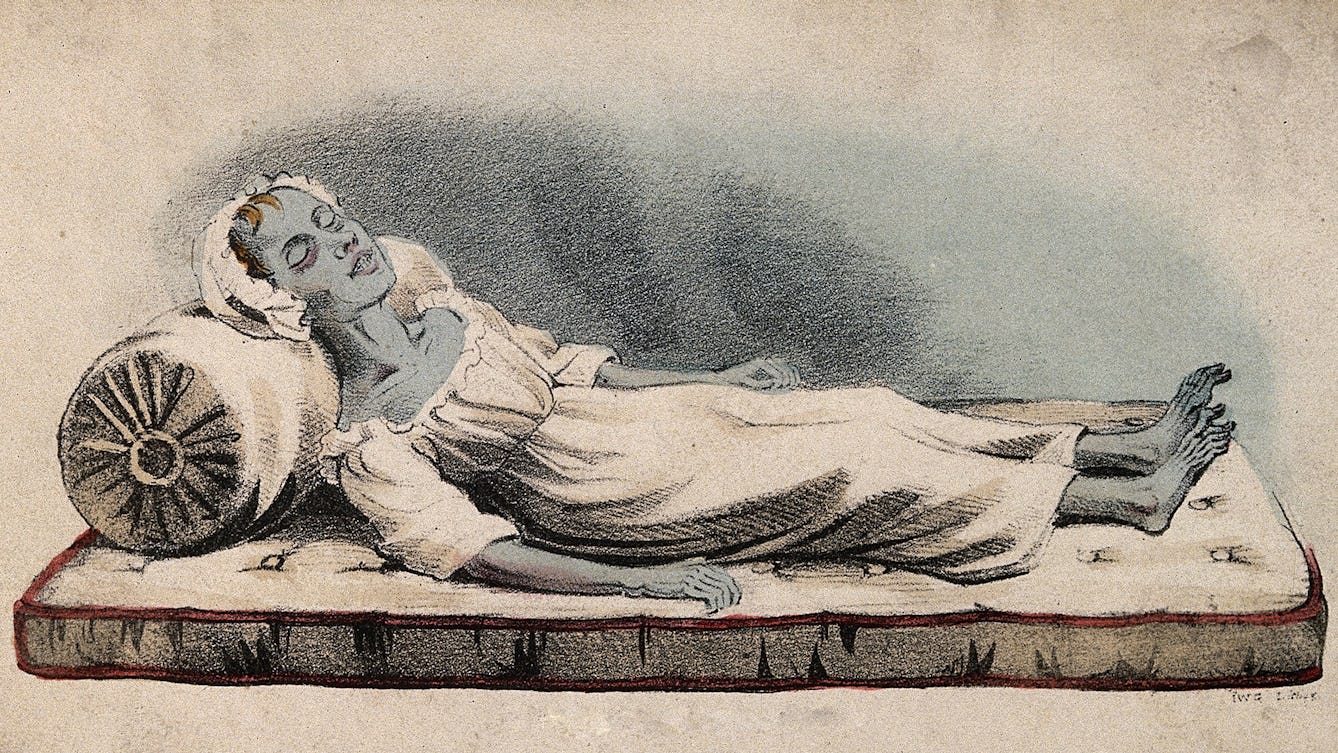
- Article
- Article
The colonist who faced the blue terror
India, 1857. In a British enclave, Katherine Bartrum watches her friend, and then her family, succumb to the deadly cholera.
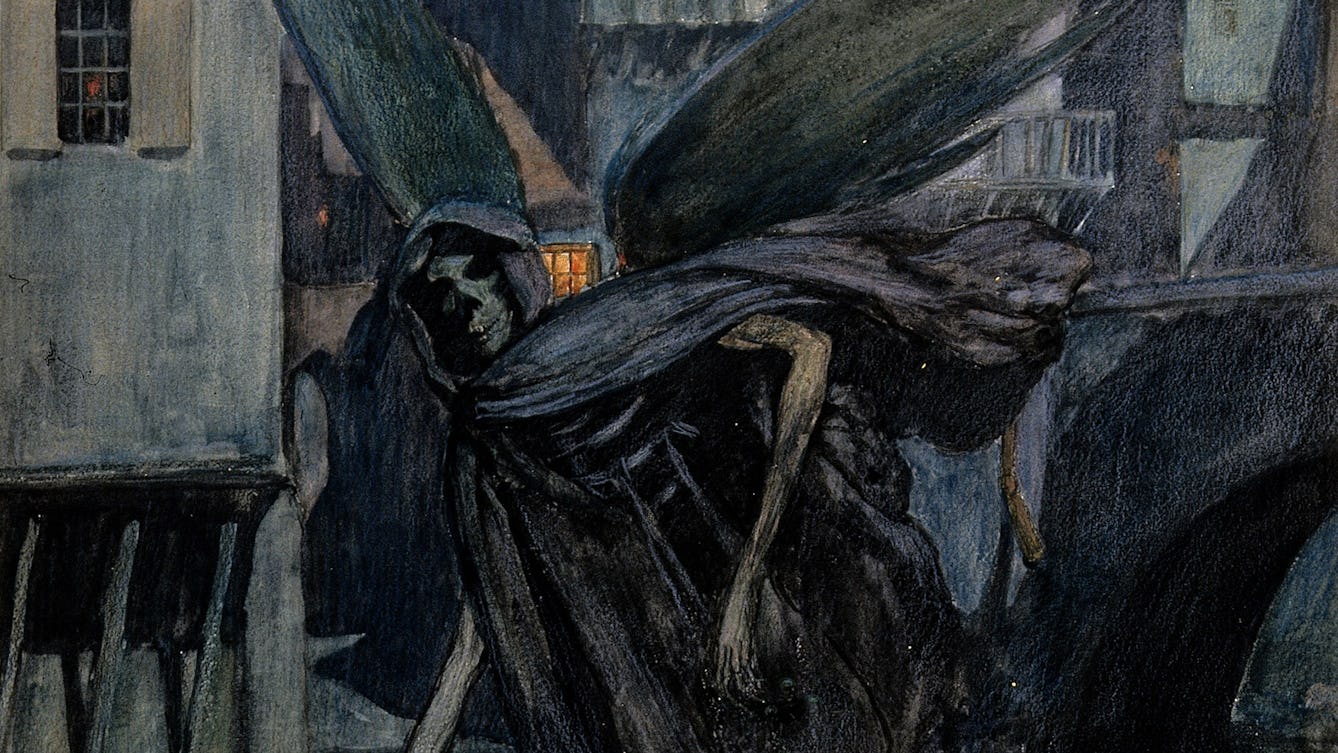
- Article
- Article
The cook who became a pariah
New York, 1907. Mary Mallon spreads infection, unaware that her name will one day become synonymous with typhoid.

- Article
- Article
Fake news and the flu
Discover how history shows that fake news could play a deadly role – by generating potentially lethal misinformation during a future pandemic.

- Article
- Article
Why pandemic denial is nothing new
Could today’s Covid-deniers be taking lessons from history? After all, it’s nearly 200 years since frustrations at a cholera-induced lockdown erupted in Sunderland.
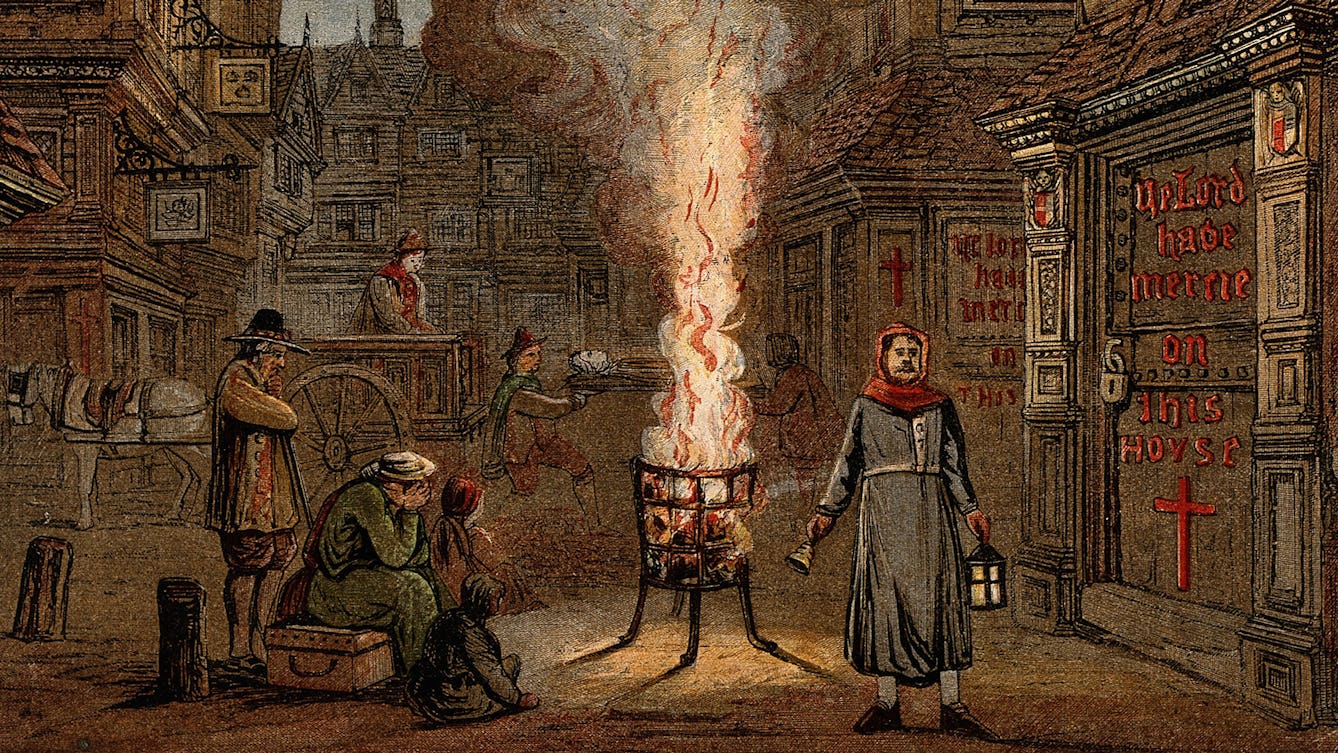
- Article
- Article
The tradesman who confronted the pestilence
The City of London, 1665. As the Great Plague hits the capital, John New faces a deadly dilemma.

- Article
- Article
The prostitute whose pox inspired feminists
Fitzrovia, 1875. A woman recorded only as A.G. enters hospital and is diagnosed with syphilis.

- Long read
- Long read
Healthy scepticism
Healthcare sceptics – like those opposed to Covid-19 vaccinations – often have serious, nuanced reasons for doubting medical authorities.

- Article
- Article
Deadly doses and the hardest of hard drugs
The invention of the modern hypodermic syringe meant we could get high – or accidentally die – faster than before. Find out how this medical breakthrough was adapted for deadly uses.
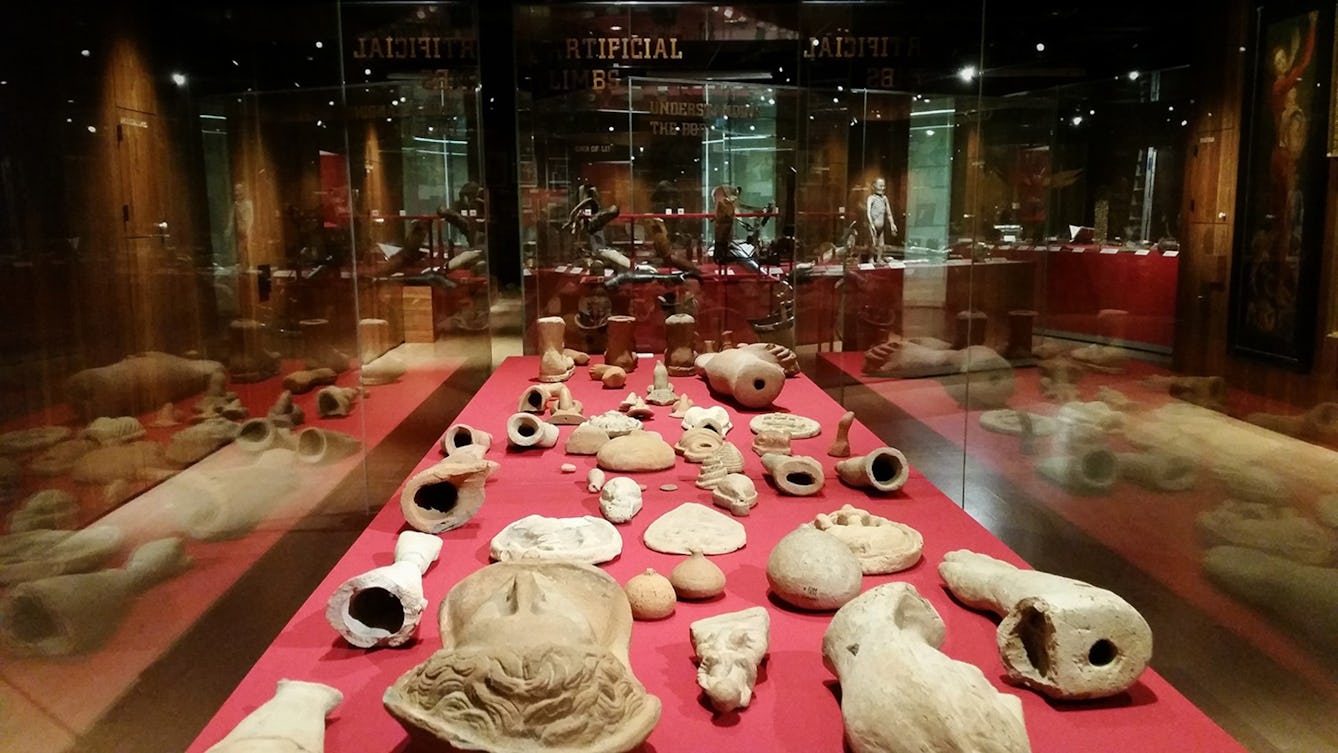
- Article
- Article
Why the world needs collectors
Those who collect play an important role as “facilitators of curiosity”, says Anna Faherty.
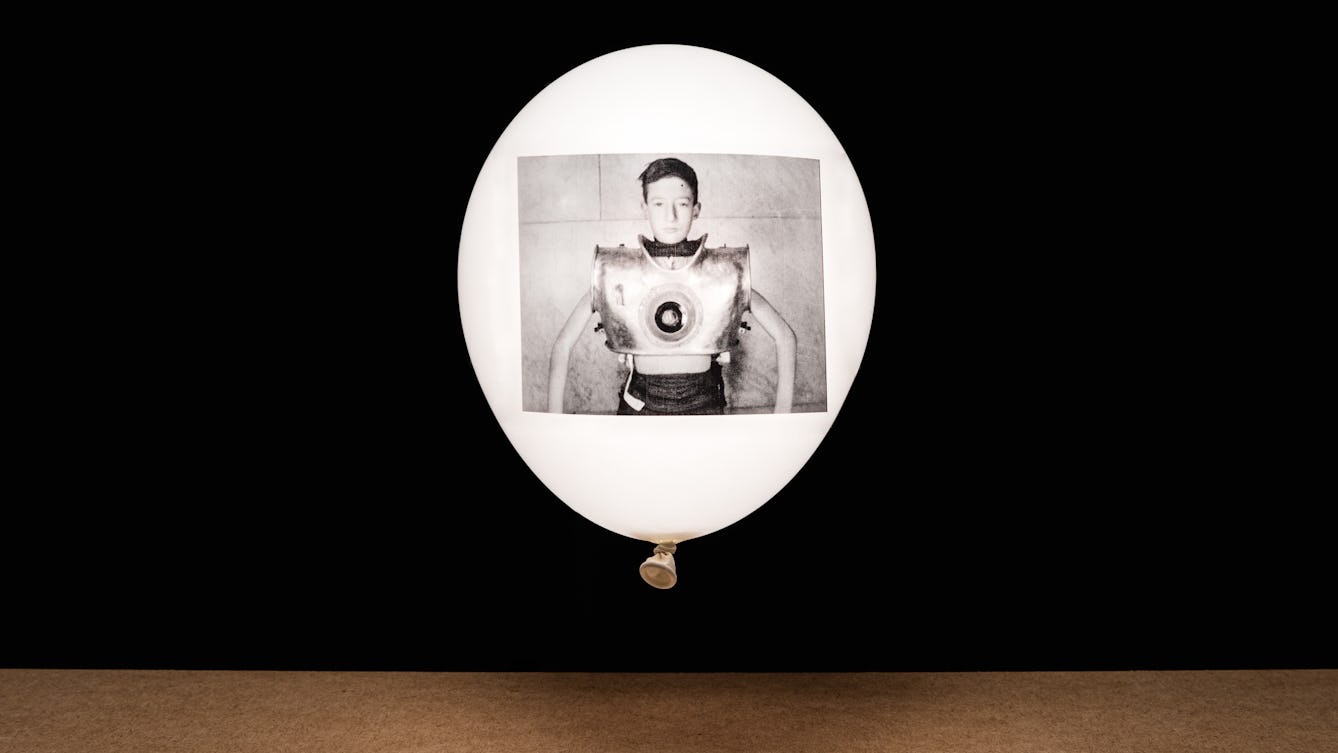
- Article
- Article
A brief history of ventilation
As ventilators continue to play an important part in helping very ill coronavirus patients, medical historian Dr Lindsey Fitzharris traces their development from the first attempts at mouth-to-mouth resuscitation through centuries of medical crises.

- Article
- Article
The ‘undesirable epileptic’
Abused in her marriage for being 'a sick woman', Aparna Nair looked to history to make sense of the response to her epilepsy. She discovered how centuries of fear and discrimination were often endorsed by science and legislation.

- Article
- Article
The building as tool of healing
When we’re ill, it’s not just medical care that helps to treat us. Architects have discovered that the right environment can play an important part too.
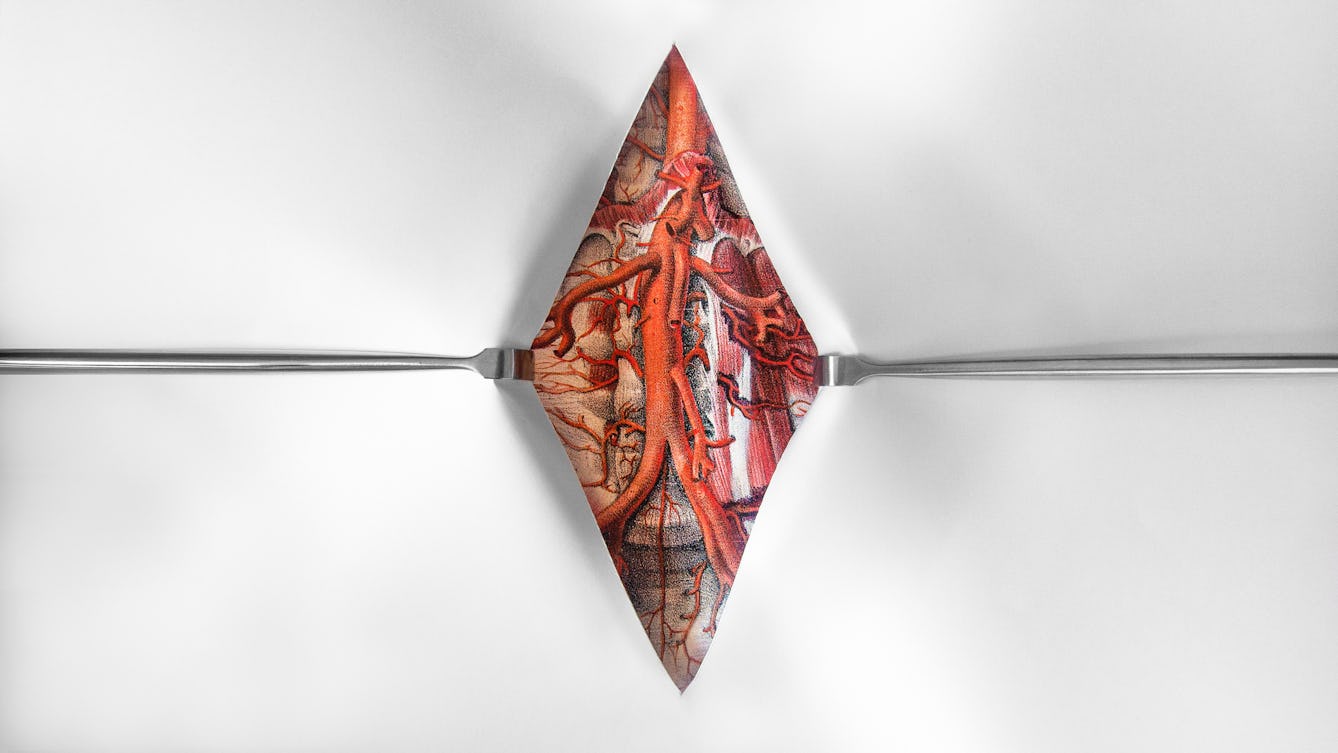
- Article
- Article
The blight of the ballooning blood vessels
In 1817 an emergency operation on a London porter was hailed a ‘success’ despite the patient’s swift demise. Find out how this case became a landmark in vascular surgery.
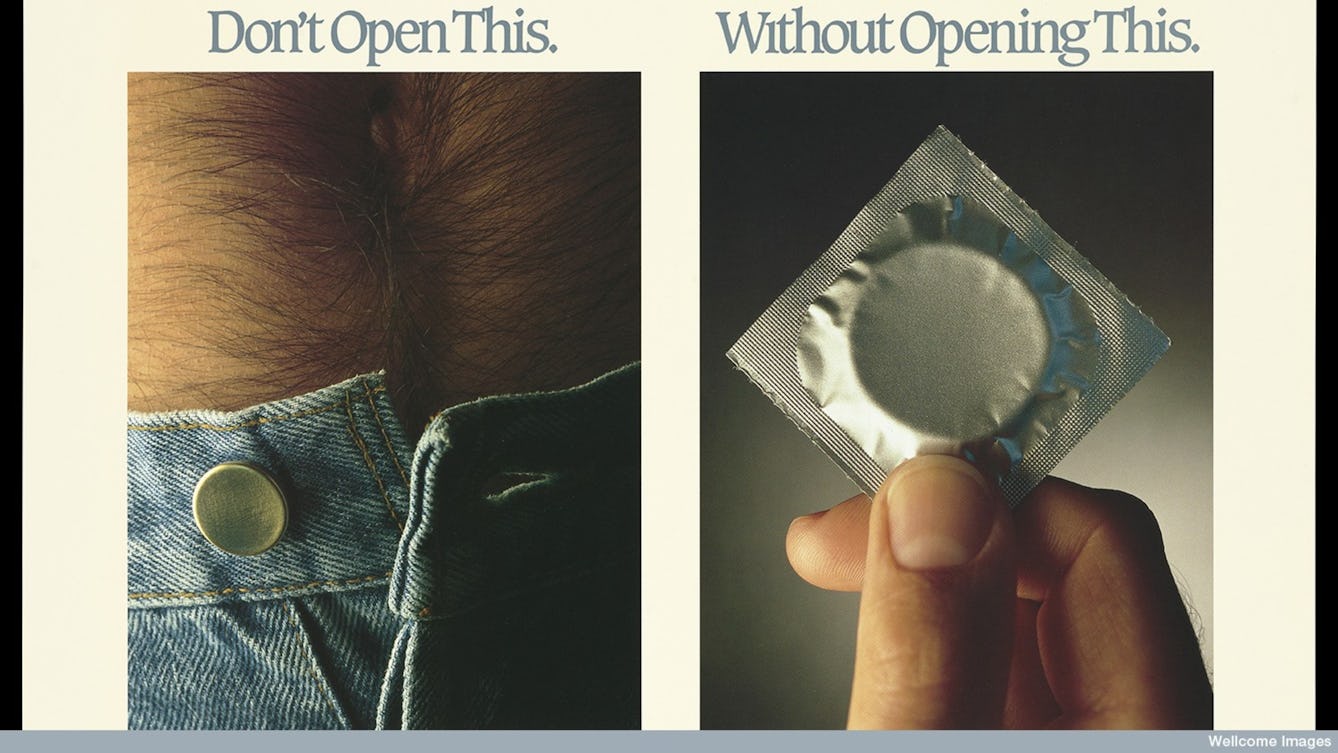
- Article
- Article
History of condoms from animal to rubber
Come on a journey from the first recorded condoms in the 16th century to the modern female condoms in the 1990s – and everything in between.

- Article
- Article
How tuberculosis became a test case for eugenic theory
A 19th-century collaboration that failed to prove how facial features could indicate the diseases people were most likely to suffer from became a significant stepping stone in the new ‘science’ of eugenics.
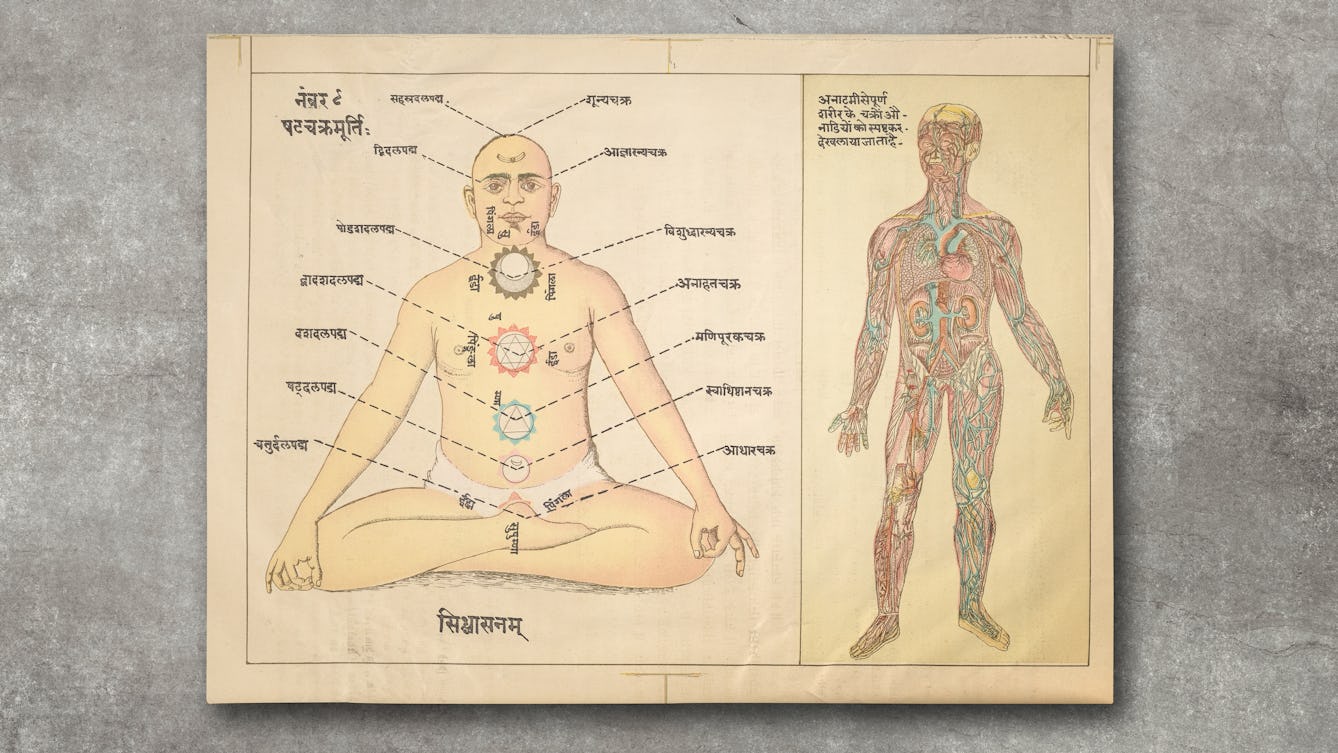
- Article
- Article
The healing power of breathing
The healing powers of different breathing methods are said to help with a range of health challenges, from asthma to PTSD. Effie Webb traces their spiritual origins and explores the modern proliferation of breathwork therapies.
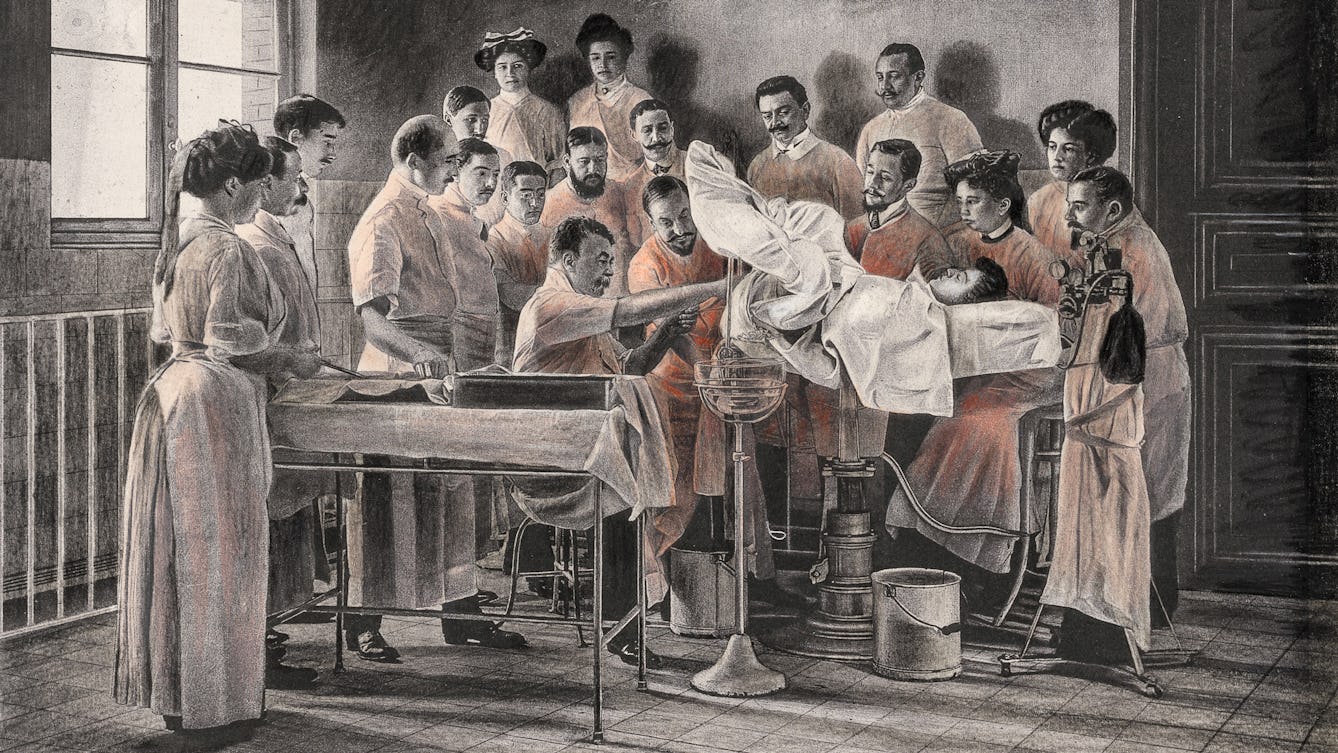
- Article
- Article
The search for a cure for endometriosis
Discover how a white American doctor’s experimental operations on black female slaves laid the foundations for modern gynaecological surgery.
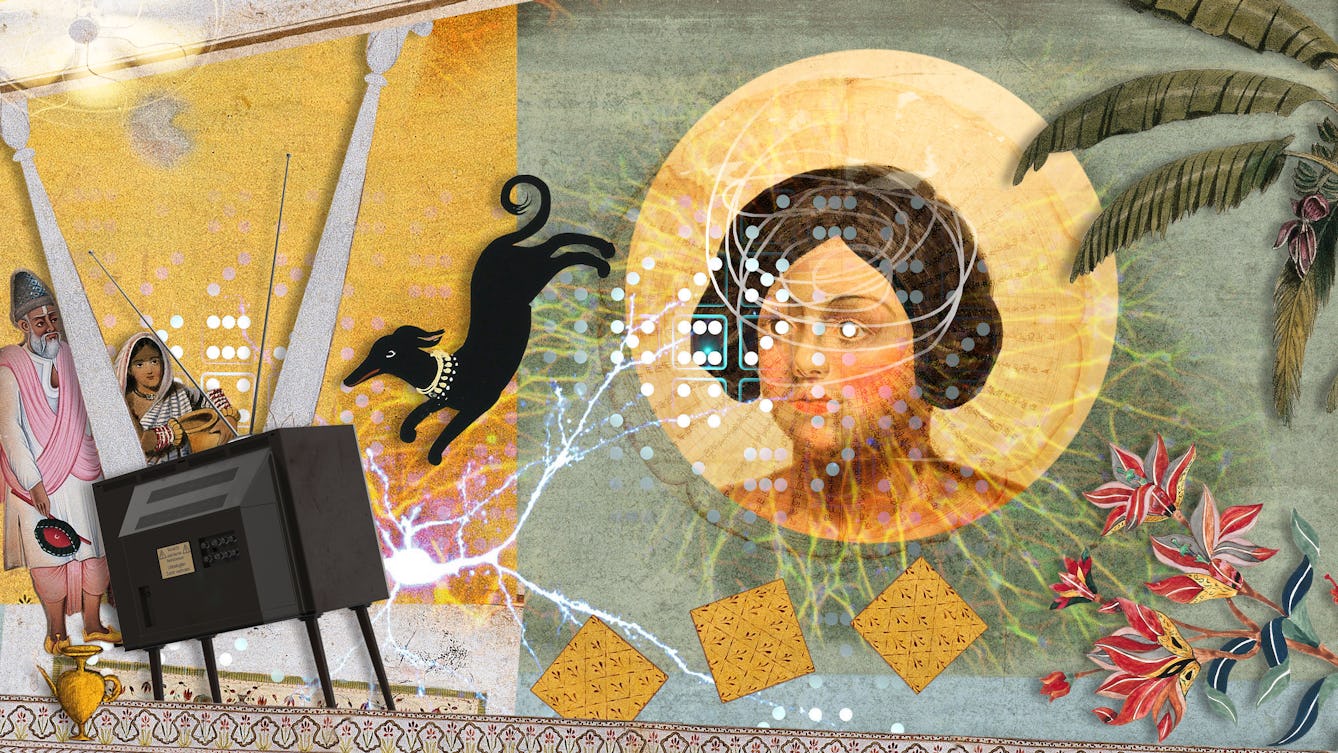
- Article
- Article
The first seizure
Historian Aparna Nair had her first seizure when she was 11. Here she recalls that first time, and how other people’s reactions are sometimes the most disturbing part about having a seizure.

- Article
- Article
Guerrilla public health
From safe-use guides to needle exchange schemes, Harry Shapiro reflects on 40 years of drug harm reduction in the UK.

- Article
- Article
Rethinking the placebo effect
The placebo effect has long been harnessed for both legitimate and fraudulent use, but we’re only just discovering how and why our bodies respond positively to dummy drugs, as Anjuli Sharma reveals.
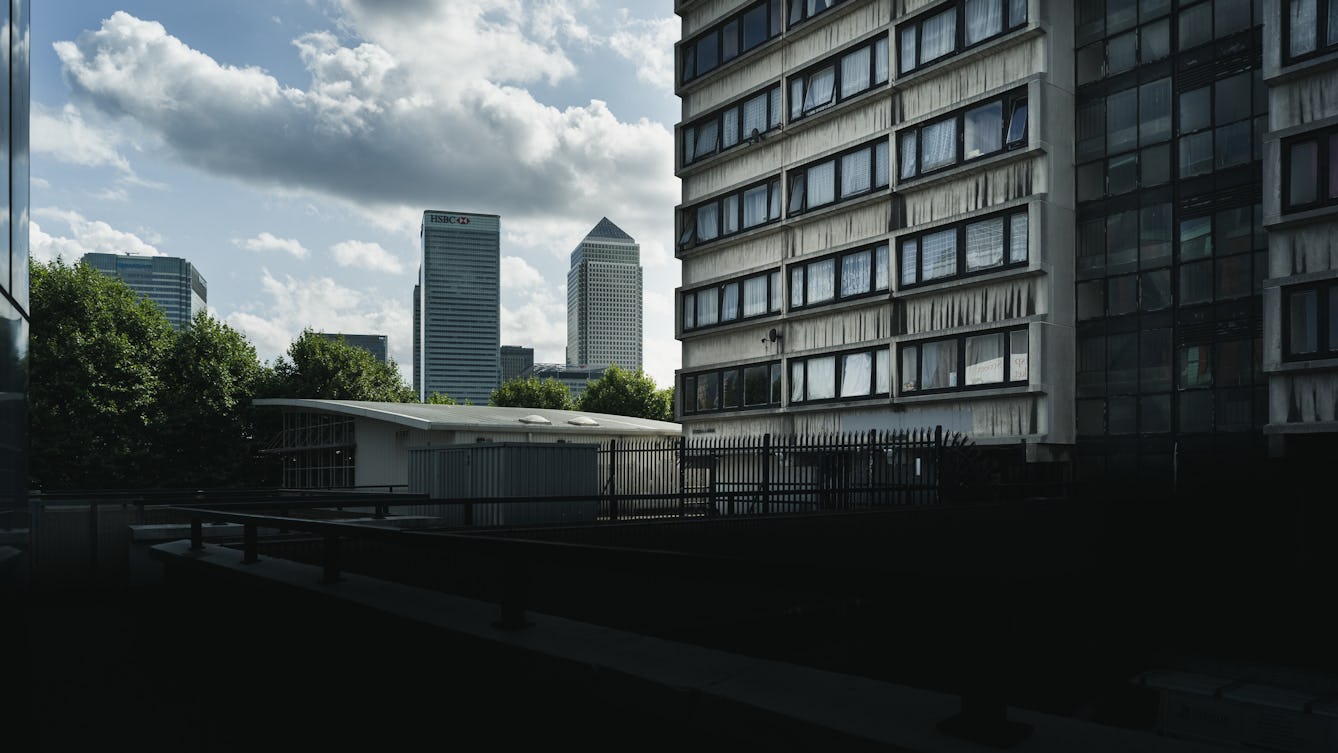
- Article
- Article
How architecture builds a profession of stress
Architects might produce buildings that enhance our health, but at what cost? Kristin Hohenadel explores architecture’s pressurised and stressful culture.

- Article
- Article
Yoga adapts to time and place
A yoga teacher in 1930s India inspired today’s transnational practice with his spectacular fusion of tradition and innovation.

- Book extract
- Book extract
Tracing the roots of our fears and fixations
Kate Summerscale explores the history of our anxieties and compulsions, and the new phobias and manias that are always emerging.